Among them is the financial hub represented by Mumbai, India; the city’s multi-layered cultures and communities are very enticing not only by economic prosperity but also by others. In one of the most crowded cities in the world, the social issues also face challenges as it faces poor health care systems, poor conditions of education between the rich and the poor, as well as hazardous environmental conditions; this makes some international NGOs based here.
The article here explores the roles, contributions, and challenges faced by International NGOs in Mumbai by basing the discussion on their influence on local communities and the greater society at large.
The Role of International NGOs
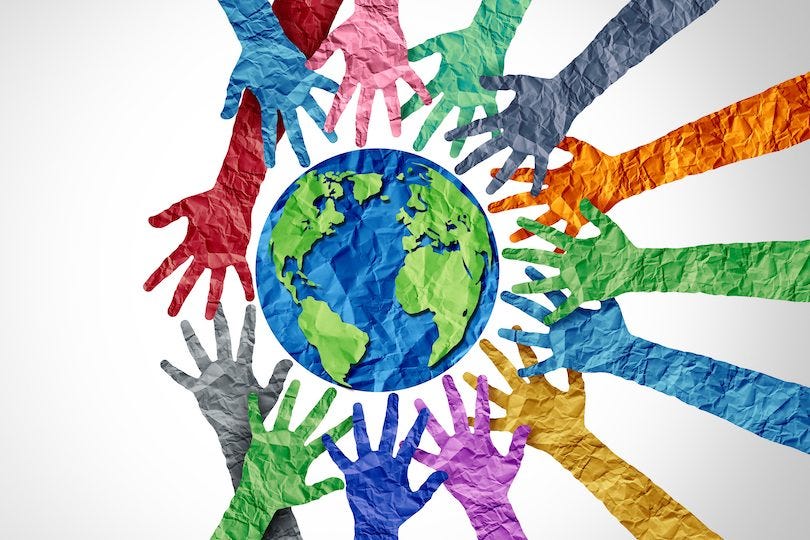
International NGOs help address numerous socio-economic problems in Mumbai. NGOs generally bring an international perspective, access to global resources, and knowledge of local issues. Through regional partnerships and collaborations, these organizations attempt to make long-term positive change that fosters individual capability and social equity.
Notable International NGOs in Mumbai
Akanksha Foundation
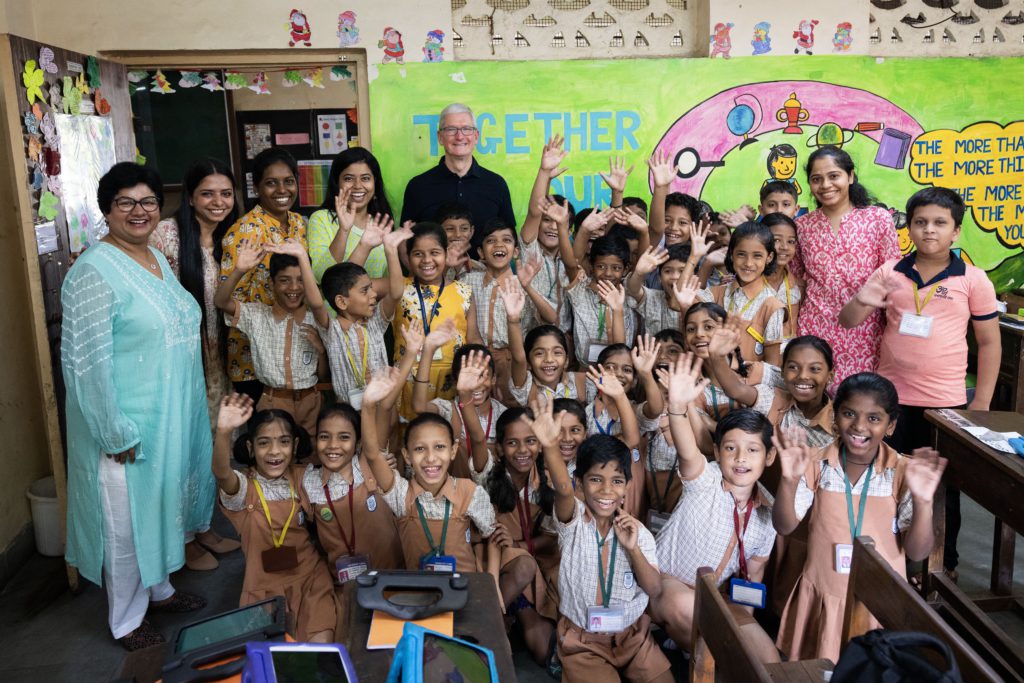
Overview: This is the Akanksha Foundation, which began in 1991 to make quality education possible for children of economically challenged backgrounds. The overall vision of the institution is about the balanced development of children so they can be successful not only academically but also as a person.
Programs:
- Schooling Programmes: The foundation runs schools that provide an environment for care and a comprehensive curriculum.
- Teacher Training Programs: Akanksha offers teacher training for quality education.
- After-School Programs: These are after-school support programs that offer tutoring and mentoring services to the children.
Impact: So far, Akanksha has reached over 13,000 children in schools and has impacted many others by enabling access to quality education.
Website: https://www.akanksha.org/
SNEHA (Society for Nutrition, Education & Health Action)
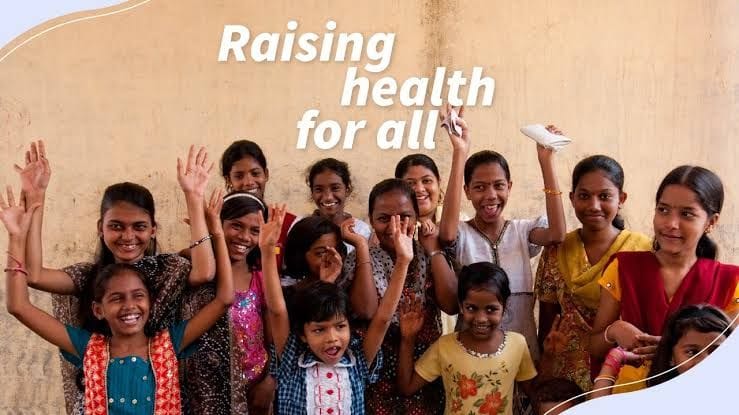
Overview: SNEHA is an organization established in 1999, and its goal is to solve public health problems. Its work mainly lies in maternal and child health, and it operates primarily in the slums of Mumbai.
Programs:
- Maternal Child Health Programs: SNEHA offers antenatal care, nutrition support, and health education to women
- Community Health Workers: These hand-pick local women as health workers to create a broad and strong health awareness in the general society.
- Adolescent Health Programmes: The specific health concerns of adolescents receive focused interventions at the hands of SNEHA.
Impact: Over 400,000 women and children directly benefited from SNEHA interventions. Maternal and child health indicators have significantly improved across all the intervention sites.
Website: https://www.snehamumbai.org/
Prerana
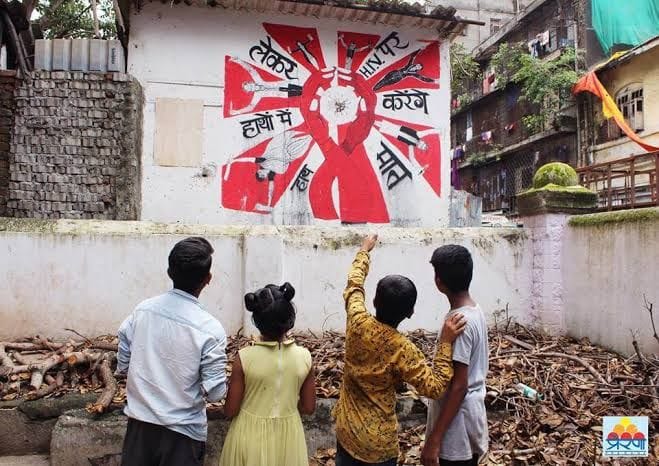
Overview: The organization Prerana fights human trafficking and rehabilitates victims. It is an organization established in 1994 that focuses on women’s and children’s rights protection.
Programs:
- Anti-Human Trafficking Campaign: Prerana organizes grassroots-level campaigns on the hazards of trafficking.
- Rescue and Rehabilitation Services: The center gives some counseling and vocational training to the rescued victims of trafficking.
- Legal Support Services: They provide legal defense to victims who want to drag traffickers to court.
Impact: Prerana has effectively rescued thousands from trafficking and rehabilitation programs to reintegrate individuals into society successfully.
Website: https://www.preranaantitrafficking.org/
United Way Mumbai
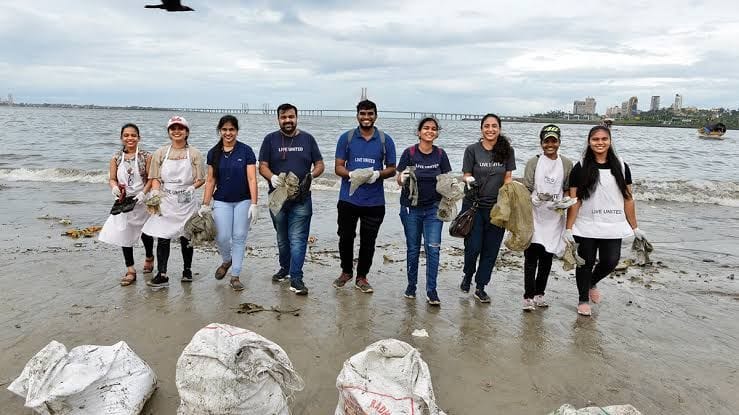
Overview: United Way Mumbai falls under the worldwide United Way organization, an institution that helps raise community resources to solve problems related to poverty. It has had its activities since 2001, when it started associating with diverse actors such as NGOs, the business sector, and government organizations.
Programs:
- Community Development Projects: This organization finds a priority need, such as education, health, income stability, or disaster relief.
- Volunteer Engagement Programs: The corporation encourages participation among the public members in developmental efforts in local society.
- Funding Support for Grass-Root Level NGOs: United Way Mumbai funds grassroots NGOs involved in working towards critical social issues.
Impact: United Way Mumbai develops sectoral partnerships that enhance the effects of community-based interventions and help address the root causes of social problems.
Website: https://www.unitedwaymumbai.org/
Grow Billion Trees Foundation

Overview: It is focused on environmental conservation with a mission to combat climate change by planting a billion trees across the urban landscape.
Programs:
- Organisational Tree Plantation Campaign: The organization supports community-led tree plantation activities throughout Mumbai.
- Environmental Awareness Workshops: These are held in front of school children and communities to sensitize them on environmental issues.
- Advocacy of Sustainable Waste Management Practice and Sustainable Urban Planning: The Company advocates sustainable urban planning and practices sustainable waste management.
Impact: Its activities significantly contribute to improving biodiversity in cities and engage communities in environmental stewardship.
Website: https://growbilliontrees.com/
Magic Bus India Foundation
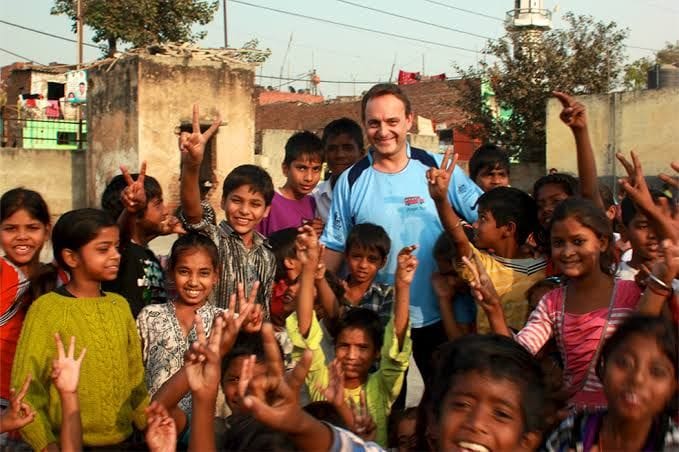
Overview: Magic Bus uses sports as a means of developing deprived children. Originating in 1999, the idea is to help a child grow from childhood to livelihood through structured sports programs.
Programs:
- Sports-Based Life Skills Training: Magic Bus holds regular sports sessions, which enable children to learn actual life skills such as teamwork, leadership, and resilience.
- Education Support Programs: Resources and mentorship are provided for the children participating in their programs.
- The organization involves parents and the community at large in its activities so that the place can be child-friendly.
Impact: Through Magic Bus, more than 400,000 children in India have been reached who are not just kept fit but develop as individuals as well through this sport.
Website: https://www.magicbus.org/
Khaana Chahiye Foundation
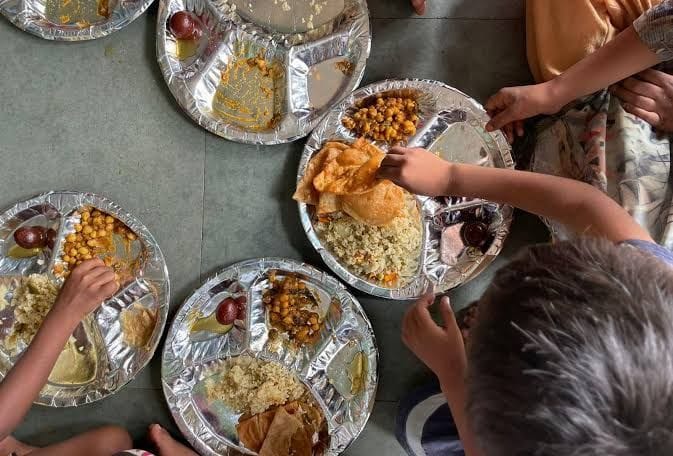
Overview: The Khaana Chahiye Foundation was raised in the year 2020, COVID-19, working to eradicate hunger by trying to help people get relief in Mumbai city.
Programs:
- Food Distribution Programs: The company offers basic food supplies like water and masks in emergency situations.
- Community Kitchens Initiative: They operate community kitchens that serve wholesome meals while promoting the local economy.
- Advocacy for Hunger Map Project: This project aims to identify the most critical hunger pockets in Mumbai and develop evidence-based policy interventions.
Impact: Khaana Chahiye has made a difference in hunger relief in emergencies and also in promoting long-term food security solutions.
.Website: https://www.khaanachahiye.com/
Social Action Catalysts (CSA)
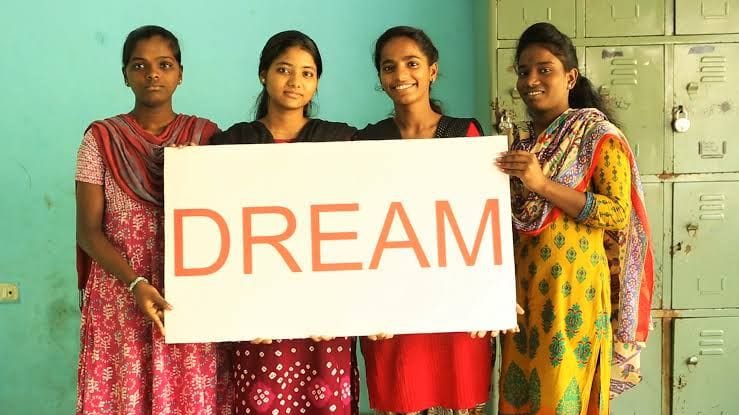
Overview: CSA is a voice for vulnerable children’s welfare and rights to make better lives for them. It began with the intention of providing quality education and care for every child.
Programs:
- Advocacy of Child Rights: CSA works on policy changes to protect the rights of children at local and national levels.
- They have developed community-based programs that can help enhance the educational outcome for disadvantaged children.
Impact: CSA advocacy efforts have caused much policy change and reaped its benefits to children’s welfare across Maharashtra.
Website: https://csa.org.in/
Lions Clubs International Foundation India
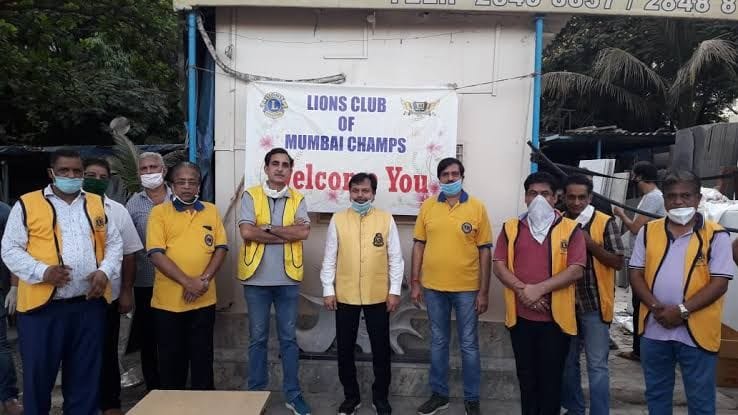
Overview: One of the leading global Lions Club networks, focusing on community development.
Programs:
- Vision Care: It facilitates eye care delivery, and free surgical interventions are provided at no cost.
- Hunger Relief Initiatives: Relief programs are meant to feed the downtrodden.
- Disaster response: Engages immediately in the recovery process after the occurrence of natural catastrophes.
Website: https://www.lcifindia.org/
International NGOs in Mumbai: Challenges
Although international NGOs have been a major contributor to the development landscape of Mumbai, there are still some challenges they face:
- Funding: Most overseas NGOs rely on corporate and individual donations and foundations or government grants. Until funding stabilizes, NGO work is affected, and it cannot expand good programs.
- Regulatory Hurdles: The Indian context can be as complex as a regulatory environment for NGOs. International organizations often face a bureaucratic process when registering their entities or seeking funds from foreign sources, mainly because of the Indian government’s rigid regulations.
- Cultural Sensitivity: Effective intervention requires an understanding of the local customs and social dynamics. International NGOs must navigate cultural nuances to ensure that their programs remain relevant and acceptable to the communities they serve.
- Collaboration with Local Entities: It takes time to build trust with local communities. Successful program implementation requires effective collaboration with local NGOs, which, however, sometimes proves difficult because of the difference in organizational culture or priorities.
- Measuring Impact: International NGOs face challenges when trying to present the impact of their efforts, as the yardstick of success is different for each sector.
Impact on Local Communities
International NGOs in Mumbai have brought about massive changes in many areas:
- There was an increase in access to education for disadvantaged children through scholarships, tutoring, and education facility development by international NGOs.
- Health Results: Health-related projects developed and implemented by international agencies improved maternal health, reduced infant deaths, and nutrition knowledge in disadvantaged groups.
- Economic Empowerment: It has empowered women and youth through skill development programs and vocational training, which increases employability and encourages entrepreneurship.
- The international NGOs’ key role was to advocate for child protection through the rehabilitation of the victims of trafficking or abuse.
- Environmental Awareness: Internationally, NGOs have contributed to the rise of awareness and sensitization through various sustainability actions towards the natural environment, with a resultant contribution towards increasing participation and conserving efforts.
Future Way Ahead for International NGOs in Mumbai
As Mumbai transforms into a megacity, dealing with issues such as climate change and urban migration, international NGOs will have to be flexible in their approach as well:
- Highlighting Cooperation: Cooperation with local NGOs would make the program more effective and the intervention culturally appropriate and sustainable.
- Use of Technology: Utilizing technology can help streamline operations, improve data collection methods for impact assessment, and enhance outreach efforts through digital platforms.
- Focus on Sustainability: Environmental sustainability will be embedded in all operations to not only fulfill international goals but also set standards in local communities regarding resource usage.
- Advocacy Activities: International NGOs must be more involved in advocacy work targeted at policy changes that address the systemic issues concerning the marginalized in Mumbai.
International NGOs play a key role in solving numerous problems in this cosmopolitan city, Mumbai. They contribute towards better living conditions for the people of the town through efforts toward education, healthcare, women empowerment, child welfare, and environmental sustainability.
While they have struggles like funding constraints and regulatory hassles, their collaborative work with local communities helps them feel responsible for creating equity in society. Being one of India’s most evolving cities within the complex layers of socio-economics, international NGOs will be required to be at the forefront. The future development of Mumbai requires that every child has access to capabilities that help them grow and thrive on this earth.
The ongoing commitment of international NGOs toward inclusive development will continue to be critical in the new challenges they will face while pursuing a more just world in which every individual is able to fulfill their full potential, irrespective of their situation or background.
Leave a Reply